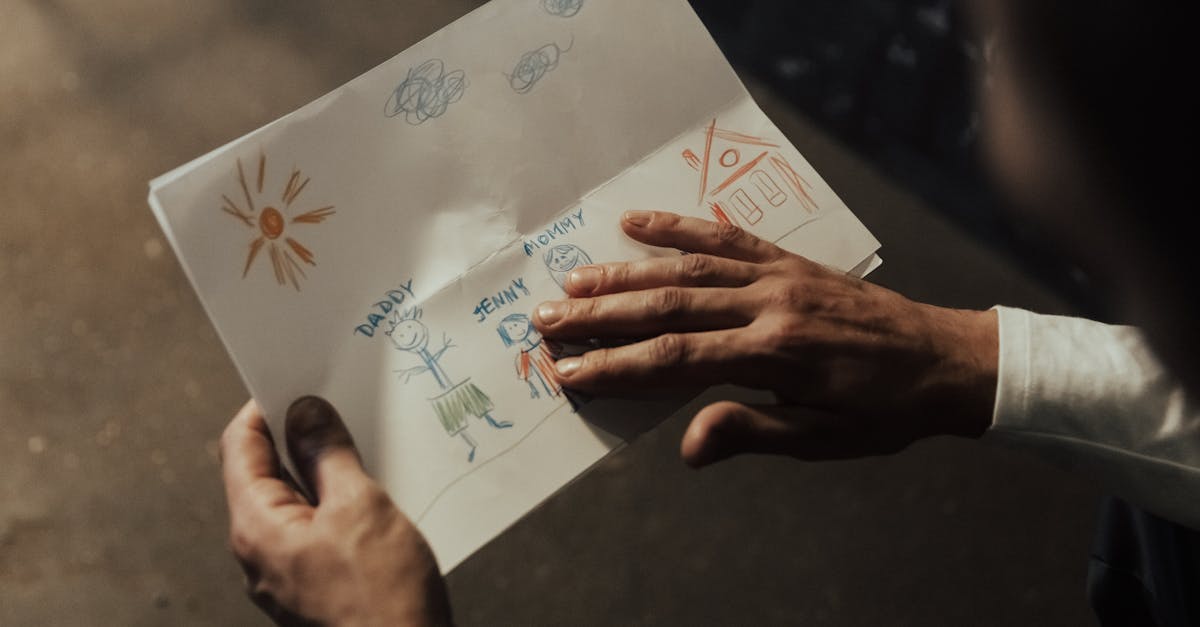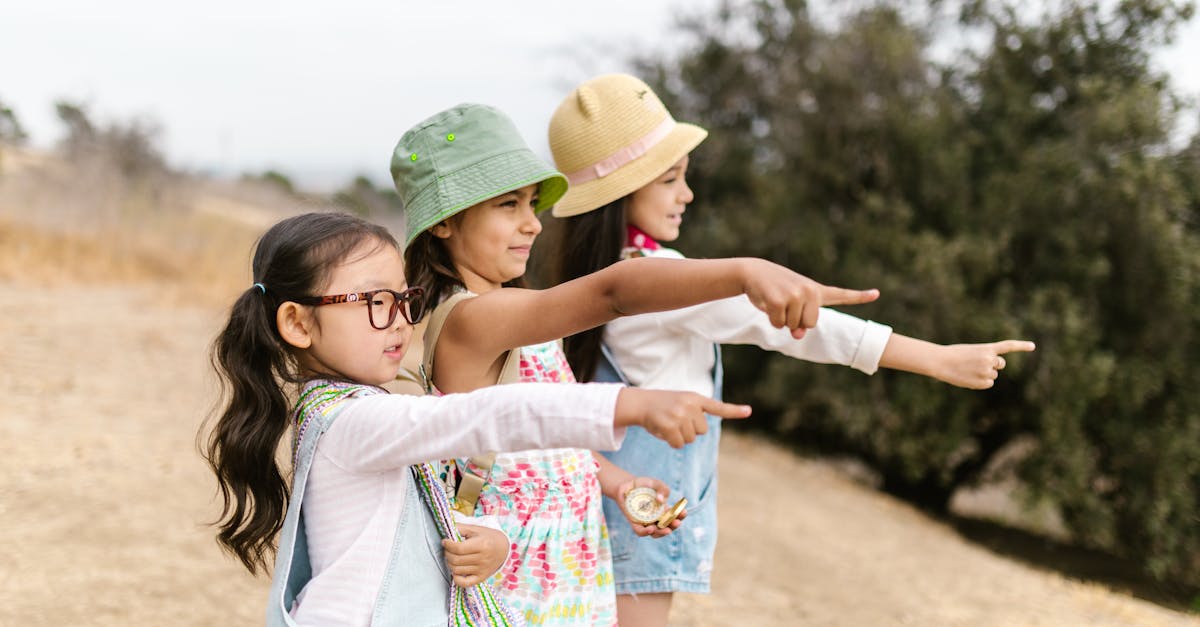Understanding Faith Through Simple Stories
When teaching pre-schoolers about faith, simplicity is key. Imagine faith as a beautiful storybook. Share stories they can relate to, like tales of kindness from their favorite characters. You’d be surprised how stories create conversations about big concepts.
Kids can grasp the idea of faith in relatable narratives. Trust me, I once used cookies (a universal childhood obsession) to explain sharing and kindness. Use this storytelling to introduce them to faith without overwhelming them.
Remember, children thrive on repeated storytelling. Keep it simple and enjoy watching them bloom! Every time they ask for the cookie story again, you’ve won. Also, don’t forget to throw in some quirky animal voices! They’ll love it.

Linking Morality to Everyday Choices
Morality links to actions, even for young children. Use daily moments, like sharing toys or helping a friend, to emphasize this connection.
Pre-schoolers understand the world through action, so why not let them be little moral detectives? Encourage them to make choices and see the outcomes. This age is ideal to plant seeds of empathy and kindness.
Sometimes, when my kid refused to share his dino stickers, we used a simple ‘let’s share‘ game explaining how great it feels to make friends happy. It’s these everyday choices that shape understanding.
Imagine a world where their choices always gear towards kindness. Doesn’t that sound fantastic?

Turning Challenges into Learning Moments
Challenges can often lead to the best teaching moments. Little ones have big emotions, and that’s okay. Teaching them the connection between feelings, morality, and faith can be beautifully transformative.
Creating a Safe Space for Dialogue
Have a dialogue, not a monologue. Encourage your preschooler to talk about their feelings, making it a safe space. You could say, It’s okay to feel angry, but let’s see how we can express it kindly? This kind of approach can be both comforting and enlightening.
A Personal Experience
Like that time when my kid got angry with our dog for chewing socks—yes, fluffy little socks! It was the perfect opportunity to talk about understanding and forgiving.
Remember
Patience is virtue’s best friend.

The Power of Questions and Curiosity
Questions are gold! With curious minds, preschoolers often ask ‘Why’ until you run out of answers. This curiosity offers a remarkable opportunity to teach faith and morality. Answer their questions with honesty, and don’t shy away from the ‘I don’t know’ answer—it happens!
Introduce them to the beauty of seeking answers together. This process develops a deeper understanding and might often lead to a laugh or two. I remember when my kid thought he heard a dinosaur in the garden! A little imagination mixed with curiosity can go a long way.
Allow their inquisitive nature to guide some beautiful discussions.

Modeling Faith and Morality
Children learn by observing. So, embodying faith and morality in your everyday life can subconsciously teach them big lessons. Show them compassion, even when it requires a deep breath and a chocolate break afterwards!
Kids are like little mirrors, reflecting back what they see daily. Trust me, I realized this when my son imitated my ‘happy dance’ after finding the last cupcake I’d hidden. They watch, learn, and mimic. Use this to your advantage. Let them see faith through kindness, patience, and love.
Practical Ways to Model Morality
- Practice kindness in everyday interactions.
- Be patient in challenging situations.
- Demonstrate love and support for family and friends.
Discuss scenarios where they can play the role of a problem solver, encouraging them to think and act morally.

Embracing Mistakes with Teaching Moments
Mistakes are part of learning. We all make them—even as adults pretending to know it all! Helping preschoolers understand their mistakes as learning experiences ties beautifully into morality.
When your little one colors the walls with crayons, instead of having a meltdown, talk about why they should use paper. It’s all about turning incidents into teaching moments. Kids can learn about responsibility while understanding that making mistakes doesn’t define them.
Imagine the next crayon incident sparking a giggle instead of a groan. This approach not only helps build strong character but also instills a forgiving spirit.

Key Takeaways:
- Mistakes are learning opportunities.
- Discussing errors promotes understanding and responsibility.
- Embracing mistakes builds character and a forgiving spirit.
